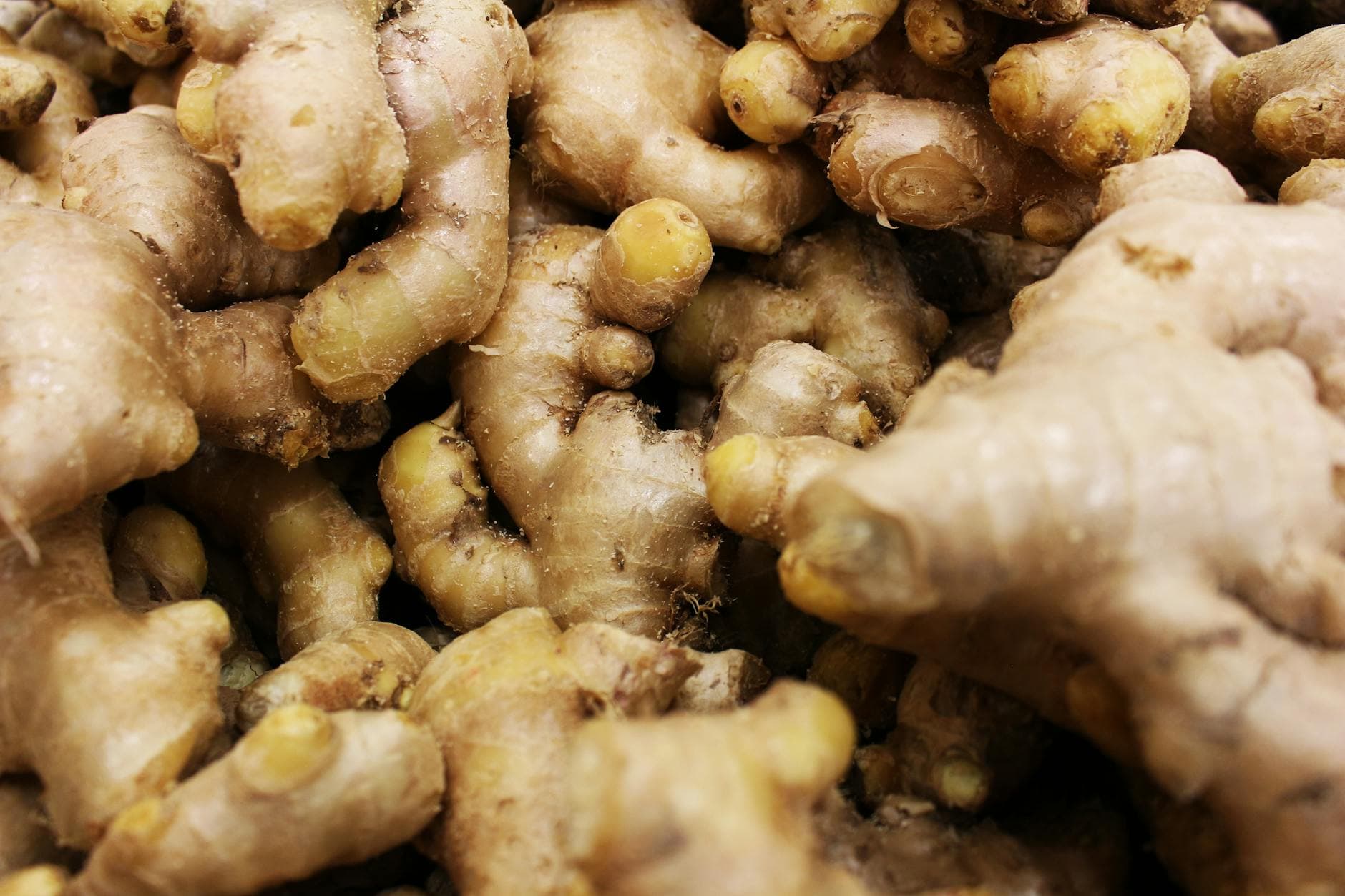Bruxism, commonly known as teeth grinding or jaw clenching, is a prevalent condition that affects millions, often without their conscious awareness. While some experience it during waking hours (awake bruxism), it's most notorious for occurring unconsciously during sleep (sleep bruxism). This involuntary habit can lead to a range of uncomfortable symptoms, from persistent jaw pain and headaches to significant dental damage over time.
At Healbal, we believe in empowering you with knowledge about natural health solutions. This article delves into the root causes of bruxism, identifies the habits that can exacerbate it, and explores evidence-based natural and herbal strategies to help you find lasting relief. Understanding what actions and triggers to avoid is just as crucial as knowing what remedies to embrace on your journey to a more peaceful, pain-free state.
Causes
Understanding Why You Grind: Common Causes and Risk Factors
Bruxism is a complex condition with multifactorial origins. Identifying the underlying causes is the first step towards effective management. Here are some of the most common factors contributing to teeth grinding:
- Stress and Anxiety: This is arguably the most significant contributor to both awake and sleep bruxism. Daily pressures, emotional tension, and chronic stress can manifest physically as jaw clenching or grinding.
- Sleep Disorders: Sleep bruxism is often associated with other sleep-related issues, such as sleep apnea, snoring, and restless legs syndrome. Disruptions in sleep architecture can trigger grinding episodes.
- Certain Medications: Some pharmacological agents, particularly selective serotonin reuptake inhibitors (SSRIs) used for depression and anxiety, can have bruxism as a side effect. Other medications, including certain antipsychotics and stimulants, may also play a role.
- Lifestyle Factors: Regular consumption of caffeine, alcohol, and nicotine, especially close to bedtime, can stimulate the nervous system and increase the likelihood of grinding. Recreational drugs may also contribute.
- Dental Misalignment (Malocclusion): While historically considered a primary cause, dental issues like misaligned teeth or an improper bite are now understood to be less common direct causes of bruxism, though they can sometimes exacerbate it.
- Genetic Predisposition: Research suggests that bruxism may have a hereditary component, with some individuals being genetically more prone to developing the condition.
- Other Medical Conditions: Neurological conditions (e.g., Parkinson's disease), gastroesophageal reflux disease (GERD), and certain nutritional deficiencies (e.g., magnesium deficiency) have been linked to bruxism in some cases.
Symptoms
Recognizing the Signs: Common Symptoms of Bruxism
Bruxism often goes unnoticed by the individual, especially if it occurs during sleep. However, its effects can be quite pronounced. Recognizing these symptoms is key to seeking appropriate management. If you experience any of the following, consider discussing them with a healthcare professional:
- Jaw Pain or Soreness: Aching in the jaw muscles, especially upon waking, is a hallmark symptom. This can extend to the temples and neck.
- Headaches: Frequent, dull headaches originating from the temples, particularly in the morning, are common.
- Worn, Chipped, or Fractured Teeth: The grinding force can cause significant damage to tooth enamel, leading to flattened chewing surfaces, chips, or even cracks in teeth.
- Increased Tooth Sensitivity: Damage to enamel can expose underlying dentin, making teeth sensitive to hot, cold, or sweet foods.
- Facial Pain: A generalized ache or tenderness in the face, especially around the jaw joint.
- Earache-like Pain: While not a true ear infection, the pain can radiate to the ears, leading to confusion about the source.
- Clicking or Locking Jaw: Dysfunction of the temporomandibular joint (TMJ) can result in clicking, popping, or even temporary locking of the jaw.
- Indentations on the Tongue: Scalloped edges on the tongue can indicate persistent clenching against the teeth.
- Fatigue: Chronic grinding can disrupt sleep quality, leading to daytime tiredness and fatigue.
- Enlarged Jaw Muscles: In some cases, chronic clenching can lead to hypertrophy (enlargement) of the masseter muscles, giving the jaw a more prominent appearance.
When to see a doctor: If your bruxism symptoms are severe, persistent, causing significant pain, or leading to noticeable dental damage, it is crucial to consult a healthcare professional. They can rule out other conditions and provide a definitive diagnosis and treatment plan. If you suspect your bruxism is linked to a sleep disorder like sleep apnea, a sleep study may be recommended.
Natural Remedies
Natural Strategies for Soothing the Jaw and Easing Grinding
Beyond avoiding detrimental habits, several natural remedies and lifestyle adjustments can significantly contribute to managing bruxism. These approaches focus on reducing stress, promoting relaxation, and supporting overall oral health.
- Stress Reduction Techniques: Since stress is a primary trigger, integrating daily stress-management practices is paramount. Try mindfulness meditation, deep breathing exercises, yoga, or tai chi. Even short breaks for relaxation can make a difference.
- Magnesium Supplementation: Magnesium is a vital mineral known for its muscle-relaxing and nerve-calming properties. Many individuals are deficient in magnesium, which can contribute to muscle tension and anxiety. Consider a high-quality magnesium glycinate or citrate supplement (consult your doctor for appropriate dosage, typically 200-400mg before bed).
- Calcium and B Vitamins: These nutrients also play roles in nerve function and muscle contraction. Ensuring adequate intake through diet or supplementation can support overall nervous system health.
- Warm Compresses: Applying a warm, moist towel to your jaw muscles before bed or when experiencing pain can help relax the muscles and alleviate soreness.
- Jaw Exercises and Stretches: Gentle exercises can help release tension in the jaw. Examples include slowly opening your mouth wide and holding for a few seconds, or gently massaging the jaw muscles in circular motions.
- Proper Sleep Hygiene: Establish a consistent sleep schedule, ensure your bedroom is dark, quiet, and cool, and avoid screens before bedtime. A well-rested body and mind are less prone to grinding.
- Acupuncture: Some individuals find relief from bruxism through acupuncture, which aims to balance the body's energy flow and reduce muscle tension.
- Biofeedback: This technique helps you become more aware of muscle activity and learn to control it. For awake bruxism, it can train you to recognize and stop clenching.
Herbal Treatments
Evidence-Based Herbal Options for Bruxism Support
Nature offers a bounty of herbs known for their calming, muscle-relaxing, and anxiolytic properties, which can be beneficial in managing bruxism. Always source high-quality herbs and consult a healthcare professional or qualified herbalist, especially if you have underlying health conditions or are taking medications.
- Valerian Root (Valeriana officinalis): This herb is renowned for its sedative and anxiolytic effects, making it a popular choice for sleep disturbances and anxiety. It can help relax the nervous system and muscles. Dosage: Often taken as a tea (1-2g dried root steeped for 10-15 mins), tincture (1-3ml), or capsules (300-600mg) 30-60 minutes before bedtime. Cautions: May cause drowsiness; avoid driving or operating heavy machinery. Can interact with sedatives, alcohol, and some liver medications. Not recommended for long-term use without professional guidance.
- Chamomile (Matricaria recutita): A gentle, widely available herb with calming and anti-inflammatory properties. It can soothe the nervous system and reduce muscle tension. Dosage: Most commonly consumed as a tea (1-2 tea bags or 2-4g dried flowers steeped for 5-10 mins) 1-2 times daily, especially before bed. Cautions: Generally very safe. Rare allergic reactions in individuals sensitive to the daisy family.
- Lemon Balm (Melissa officinalis): Known for its mild sedative and mood-enhancing effects, lemon balm can help reduce anxiety and promote relaxation. Dosage: Tea (1-2g dried leaves steeped for 5-10 mins) or tincture (2-4ml) up to three times daily. Cautions: Generally safe. May interact with thyroid medications, so use with caution if you have thyroid conditions.
- Passionflower (Passiflora incarnata): This herb has mild sedative properties and is often used for anxiety, insomnia, and nervous restlessness. It may help calm an overactive nervous system. Dosage: Tea (1-2g dried herb steeped for 10-15 mins) or tincture (1-2ml) before bed. Cautions: May cause drowsiness. Can potentiate the effects of sedative medications and alcohol.
- Ashwagandha (Withania somnifera): An adaptogenic herb, ashwagandha helps the body adapt to stress, reducing cortisol levels and promoting a sense of calm. While not a direct muscle relaxant, its stress-reducing properties can indirectly benefit bruxism. Dosage: Typically taken as a capsule (300-600mg of root extract) once or twice daily. Cautions: Avoid during pregnancy and lactation. May interact with thyroid hormones, immunosuppressants, and sedatives. Consult a doctor if you have autoimmune conditions.
- California Poppy (Eschscholzia californica): A gentle nervine and mild sedative, California poppy can help ease anxiety, nervous tension, and promote restful sleep without significant grogginess. Dosage: Often used as a tincture (1-2ml) or tea before bed. Cautions: Generally considered safe, but may cause mild drowsiness.
Important Note on Interactions & Contraindications: Always inform your healthcare provider about any herbs or supplements you are taking, especially if you are pregnant, breastfeeding, or on prescription medications (e.g., anticoagulants, sedatives, antidepressants, thyroid hormones). Some herbs can interact with medications or may not be suitable for certain health conditions.
Prevention
Proactive Steps: Habits to Avoid and Prevention Strategies
Preventing bruxism often involves addressing the root causes and modifying behaviors that contribute to jaw tension and grinding. Here are key habits to avoid and proactive steps to take:
- Avoid Excessive Caffeine and Alcohol: Both substances are stimulants that can disrupt sleep patterns and increase nervous system activity, making you more prone to grinding. Limit intake, especially in the hours leading up to bedtime.
- Say No to Nighttime Snacking (Especially Sugary Ones): Eating close to bedtime can interfere with sleep quality. Sugary snacks can also lead to energy crashes and further sleep disturbances.
- Refrain from Chewing Gum: Chronic gum chewing can overwork your jaw muscles, leading to fatigue and increased clenching. Give your jaw a break.
- Avoid Chewing on Non-Food Items: Habits like chewing on pens, ice, or fingernails can exacerbate jaw tension and strengthen the grinding habit.
- Limit Stimulant Use: Beyond caffeine, be mindful of other stimulants, including certain cold medications or energy drinks, particularly in the evening.
- Manage Stress Effectively: As the primary trigger for many, developing robust stress management techniques (as mentioned in Natural Remedies) is crucial for prevention. Consistent practice can significantly reduce the incidence of bruxism.
- Practice Jaw Awareness: For awake bruxism, consciously monitor your jaw position throughout the day. Remind yourself to keep your teeth slightly apart, with your tongue resting lightly against the roof of your mouth, just behind your upper front teeth.
- Maintain Good Posture: Poor posture, especially head-forward posture, can strain neck and jaw muscles, contributing to tension that can lead to grinding.
- Regular Exercise: Physical activity is a natural stress reliever and can improve sleep quality, both of which are beneficial for preventing bruxism.









